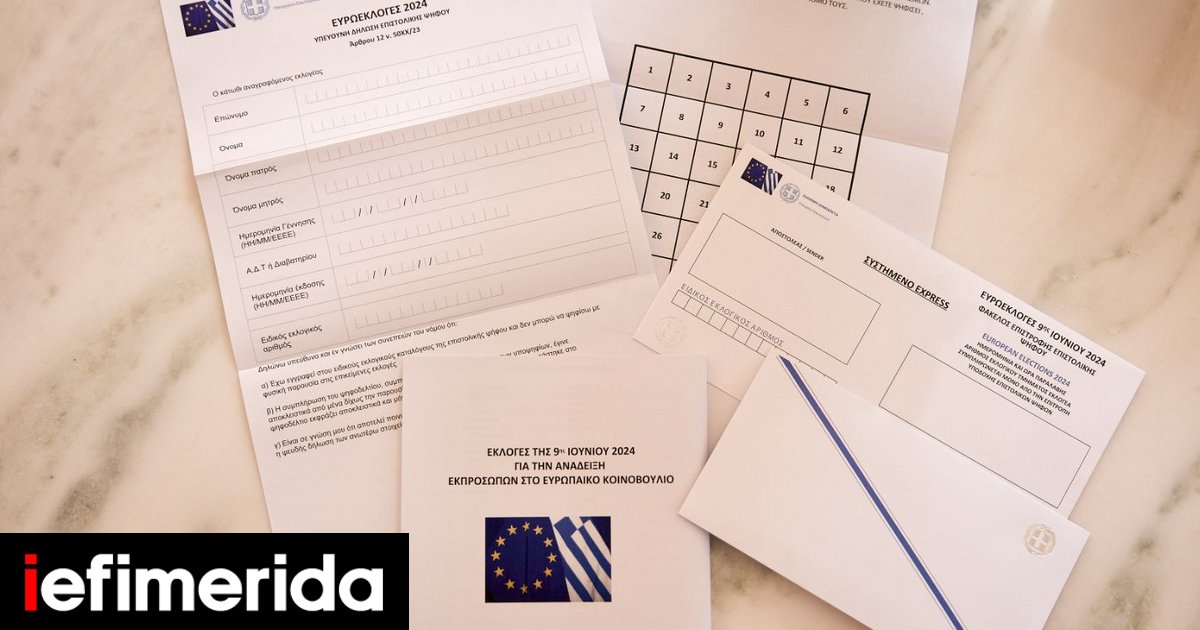
With late payments reaching or exceeding 50% in targeted blacklist audits, bells will ring loudly from now on for those who fail to comply with basic tax obligations.
The first card is made for those who do not keep prescribed accounting books. In these cases, for violations related to tax years ending on 12/31/2020 and onwards, a penalty of 15% of the income is imposed for each audited year in which the violations are found, as this income arises from the average. From the declared income for the last 3 tax years.
‘Scarce’ fines and ‘fatal’ offense
This fine cannot be less than €10,000 per year of audit, if it is an obligation to keep simple books, or €30,000 per year of audit, if it is an obligation to keep double books.
“It gets fatter” if the regulated entity has committed another “fatal” crime: if it has not filed even a single income tax return for the past three tax years, despite having the relevant obligation. In this case, the fine cannot be less than €30,000 per audited year, if it is a matter of simple bookkeeping, and €50,000 per audited year, if it is a matter of the obligation to keep double records.
The second card is prepared for those who have not kept or have not filed Electronic Taxation (EFT) mechanisms, as well as memories and files created by the EFT (a.txt, b.txt, s.txt, e.txt, etc.), stored in the form of electronic. The fine is the same as in the above cases of failure to keep accounting records, but there are two “loopholes” here:
- The fine is imposed only in the context of spot check
- and provided that the taxpayer does not declare the loss of TINs prior to issuance of the audit order. In this case, a special fine of 2,500 euros is expected
“bass”
The sport of unauthorized entry, failure to issue receipts or even failure to file tax returns is recorded in the entire range of activities. Cases in which “hounds” are “revealed” in the AADE are typical:
• In an unidentified company in the central sector of Athens, with the aim of mediation services for the exemption of VAT refunds for non-EU residents, for the years 2017 to 2020, it was found that it had not issued tax statements, concealing a taxable material of €2.2 million.
• An anonymous company based in Athens whose main activity is courier services has not released 33 tax details concealing taxable items amounting to 1.2 million euros. VAT evasion amounted to 0.3 million euros. The above was determined after compiling the information with data from third party sources and processing files.
• Sole proprietorship in Crete, with wholesale trade in tobacco products, for the years 2019 to 2020, after processing seized materials, it was found that income tax and VAT returns were not filed with a total amount of hidden materials of 11.2 million euros.
• In a sole proprietorship in the Dodecanese, with construction works as the object of its activity, during the years 2008 to 2019, after processing the expropriations, it was found that income tax and value-added tax returns were not submitted with a total hidden amount of material 1.8 million euros.
• A hotel in the Dodecanese was found, during the years 2017 to 2018, after the processing of confiscations, to have either not submitted or inaccurately submitted income tax and VAT returns, concealing revenues with a total value of €1.8 million

“Avid problem solver. Extreme social media junkie. Beer buff. Coffee guru. Internet geek. Travel ninja.”


-og.jpg?t=y7SX8xaU-xsaLEgDfmnp4A)

More Stories
Look how they trampled on her like that..
Retrospective for retirees: Who is affected, who wins and who loses – Newsbomb – News
With…Rural Sakis Rouvas